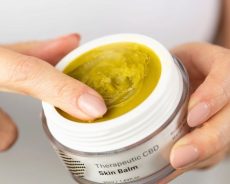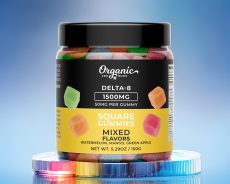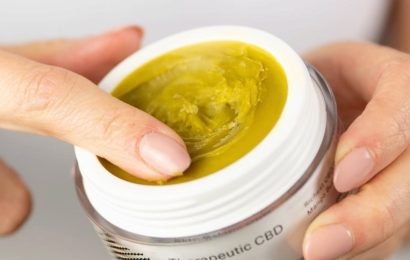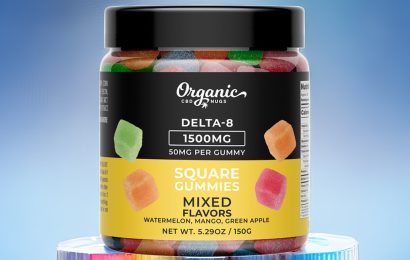In recent years, delta-8 gummies have gained popularity for their purported effects and accessibility. However, alongside their rise in popularity, various myths and misconceptions have surfaced. One of the most common myths suggests that consuming delta-8 gummies will cause hallucinations like seeing purple elephants. Let’s delve into the facts and debunk these myths surrounding delta 8 gummies.
What Exactly are Delta-8 Gummies?
Delta-8 gummies are a form of THC (tetrahydrocannabinol) edibles that have gained traction for their milder psychoactive effects compared to delta-9 THC, which is more commonly associated with cannabis. These gummies are often marketed as providing relaxation and euphoria without the intense high typically associated with delta-9 THC.
Myth #1: Seeing Purple Elephants
One of the most persistent myths about delta-8 gummies is that they can cause hallucinations, such as seeing purple elephants or other vivid visuals. This myth likely stems from the association of THC with psychedelic effects. However, delta-8 THC is known for its less potent psychoactive properties. While it can alter your perception and mood, it does not typically induce hallucinations at standard doses.

Myth #2: Legal Issues
There’s a misconception that delta-8 THC gummies are illegal or fall into a legal gray area. The legality of delta-8 THC varies by jurisdiction, but many states have specific regulations regarding THC content and the source of delta-8 THC products. It’s essential for consumers to understand their local laws and regulations before purchasing or consuming delta-8 gummies.
Myth #3: Addiction Potential
Some believe that using delta-8 gummies can lead to addiction. Like any substance that affects mood and perception, there is potential for psychological dependence on delta-8 THC. However, studies suggest that it may be less addictive than delta-9 THC due to its milder effects. As with any product containing THC, moderation and responsible use are key factors in mitigating potential risks.
Myth #4: Health Risks
Concerns about the long-term health effects of delta-8 gummies have also surfaced. While research on delta-8 THC is ongoing, current studies suggest that it is generally well-tolerated when consumed responsibly. However, individuals with pre-existing medical conditions or those who are pregnant or breastfeeding should consult healthcare professionals before using delta-8 THC products.

Myth #5: No Benefits Beyond Recreation
Another misconception is that delta-8 gummies offer no benefits beyond recreational use. In reality, some users report using delta-8 THC for its potential therapeutic effects, such as pain relief, anxiety reduction, and appetite stimulation. More research is needed to fully understand the therapeutic potential of delta-8 THC and its effectiveness compared to other cannabinoids.
Conclusion
In conclusion, while delta-8 gummies have gained popularity for their potential recreational and therapeutic effects, it’s important to separate fact from fiction when it comes to their use. Dispelling myths about hallucinations and legal concerns can help consumers make informed decisions. As with any cannabinoid product, understanding your local laws, consuming responsibly, and considering potential health implications are essential steps in enjoying delta-8 gummies safely.









